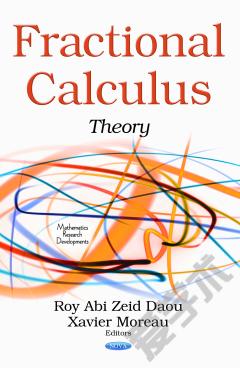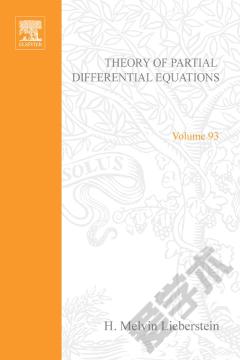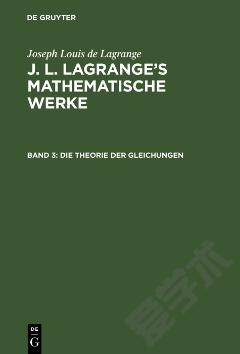Fractional Calculus: Theory
The first volume of this two-volume book, presents history, the mathematical modeling and the applications of fractional order systems, and contains mathematical and theoretical studies and research related to this domain. This volume is made up of 11 chapters. The first chapter presents an analysis of the Caputo derivative and the pseudo state representation with the infinite state approach. The second chapter studies the stability of a class of fractional Cauchy problems. The third chapter shows how to solve fractional order differential equations and fractional order partial differential equations using modern matrix algebraic approaches. Following this chapter, chapter four proposes another analytical method to solve differential equations with local fractional derivative operators. Concerning chapter five, it presents the extended Borel transform and its related fractional analysis. After presenting the analytical resolution methods for fractional calculus, chapter six shows the essentials of fractional calculus on discrete settings. The initialization of such systems is shown in chapter seven. In fact, this chapter presents a generalized application of the Hankel operator for initialization of fractional order systems. The last four chapters show some new studies and applications of non-integer calculus. In fact, chapter eight presents the fractional reaction-transport equations and evanescent continuous time random walks. Chapter nine shows a novel approach in the exponential integrators for fractional differential equations. Chapter ten presents the non-fragile tuning of fractional order PD controllers for integrating time delay systems. At the end, chapter eleven proposes a discrete finite-dimensional approximation of linear infinite dimensional systems. To sum up, this volume presents a mathematical and theoretical study of fractional calculus along with a stability study and some applications. This volume ends up with some new techniques and methods applied in fractional calculus. This volume will be followed up by a second volume that focuses on the applications of fractional calculus in several engineering domains.
{{comment.content}}








 京公网安备 11010802027623号
京公网安备 11010802027623号